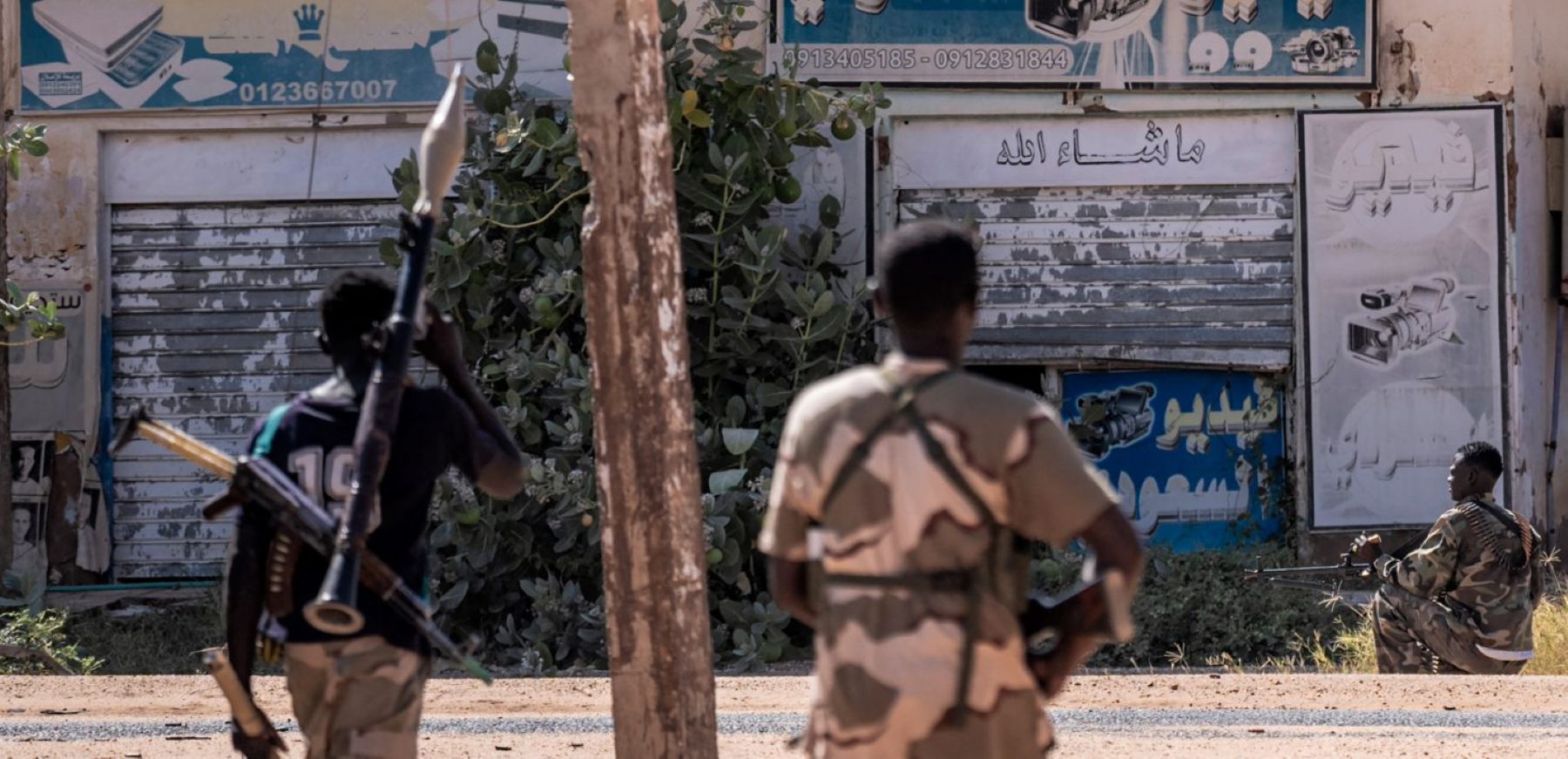As the Sudanese Armed Forces (SAF) and Rapid Support Forces (RSF) escalate their fighting in Khartoum, Amnesty International has received alarming information, including reports of lists of potential targets, indicating that civilian activists, human rights defenders, medical workers and humanitarian workers are at imminent risk of deadly reprisal attacks.
All parties to the conflict must not carry out reprisals on civilians or prisoners of war. Furthermore, both sides must cease targeting civilians and civilian areas with airstrikes or shelling.
“Again and again in Sudan’s ongoing war, when the frontlines change, civilians have faced brutal reprisal attacks. This has included summary executions of accused collaborators by whichever side gains the upper hand. In Khartoum state, the SAF, RSF and their allies must protect civilians. Leadership of both sides must immediately and publicly order their troops and allies not to commit reprisals, and to allow safe passage for civilians to leave,” said Amnesty International’s Regional Director for East and Southern Africa, Tigere Chagutah.
“Sudan’s international and regional partners including the UN, AU and others must apply pressure to ensure the two sides respect the rights of civilians and prisoners of war.”
Reprisal attacks against civilians and human rights defenders in Khartoum
In recent days and weeks, a SAF offensive has pushed RSF forces out of some parts of Khartoum, Khartoum Bahri and Omdurman, which are the three adjacent cities that hold most of the population of Sudan’s Khartoum state.
Fears of retaliation are high among residents of areas in Khartoum State previously controlled by the RSF, following mass retaliatory killings in Gezira state capital Wad Madani by SAF and allied forces after their capture of the city from the RSF in early January.
Leadership of both sides must immediately and publicly order their troops and allies not to commit reprisals, and to allow safe passage for civilians to leave.
Tigere Chagutah, Amnesty International Regional Director for East and Southern Africa
On 31 January, the UN Human Rights Office reported that at least 18 people, including one woman, were killed in incidents attributed to SAF-affiliated fighters and militia since SAF regained control of parts of Khartoum Bahri in late January and early February. Members of local Emergency Response Rooms, which are part of a nationwide network of youth humanitarian volunteers, told Amnesty International that they are worried for the safety of their members given the recent pattern of violence against civilians and the inclusion of some of their members in some of the circulated lists.
“We have seen in the past how the SAF and their allied militia have killed or arrested anyone labeled as RSF collaborators, including small business owners or volunteers in humanitarian Emergency Response Rooms and other activists and civilians. These deadly reprisals must not take place again as SAF advances in Khartoum state,” said Tigere Chagutah.
Likewise, Amnesty International has received worrying reports of lists being circulated of people to be targeted as alleged “partners of the RSF”. The lists include the names of politicians, activists, medical workers, public prosecutors and members of protest groups.
Though Amnesty is still working to verify the authenticity of the lists, given the fast-moving situation and repeated past violations by SAF and allied forces after gaining ground over the RSF, the organization reiterates that all sides must not target civilians.
Conflating medical workers, legal workers, politicians, political parties, civil society and humanitarians with members of an armed group is extremely dangerous.
Tigere Chagutah, Amnesty International Regional Director for East and Southern Africa
“Conflating medical workers, legal workers, politicians, political parties, civil society and humanitarians with members of an armed group is extremely dangerous. SAF and its allies must immediately order their troops to not conduct any reprisals against civilians, including human rights defenders, humanitarians and prisoners of war,” said Tigere Chagutah.
Civilians targeted in Darfur
RSF leadership must also immediately order their forces to not target civilians, including in reprisals in areas under their control. RSF has a long record of targeting civilians, including when they gained ground, such as massacres in Gezira state in October 2024 and in West Darfur in 2023. Furthermore, RSF must stop targeting civilians and civilian areas. On 1 February the RSF bombed a market in Omdurman, killing 54 persons, according to the Médecins Sans Frontières Secretary General, who was on the scene, and the Ministry of Health.
Both sides must also cease targeting of civilians, civilian areas and infrastructure amid increased fighting and airstrikes in Darfur around the cities of El Fasher, Nyala and elsewhere.
“No matter who is in control of an area, civilians are the ones targeted, and the risk spikes whenever territory changes hands. As the frontlines rapidly shift throughout Khartoum state, both sides have an absolute legal obligation to protect civilians. The leadership of SAF and RSF may be criminally responsible if they failed to ensure their troops and allies do not harm civilians,” said Tigere Chagutah.
Demand an arms embargo to stop the flow of weapons now.
THE PEOPLE OF SUDAN FEEL FORGOTTEN AMIDST SPIRALLING VIOLENCE.
Call on the United Nations Security Council to extend the existing arms embargo to the whole country and not only to Darfur region.
Header image: Sudanese army soldiers patrol an area in Khartoum North on November 3, 2024. Photo by AMAURY FALT-BROWN/AFP via Getty Images.






















